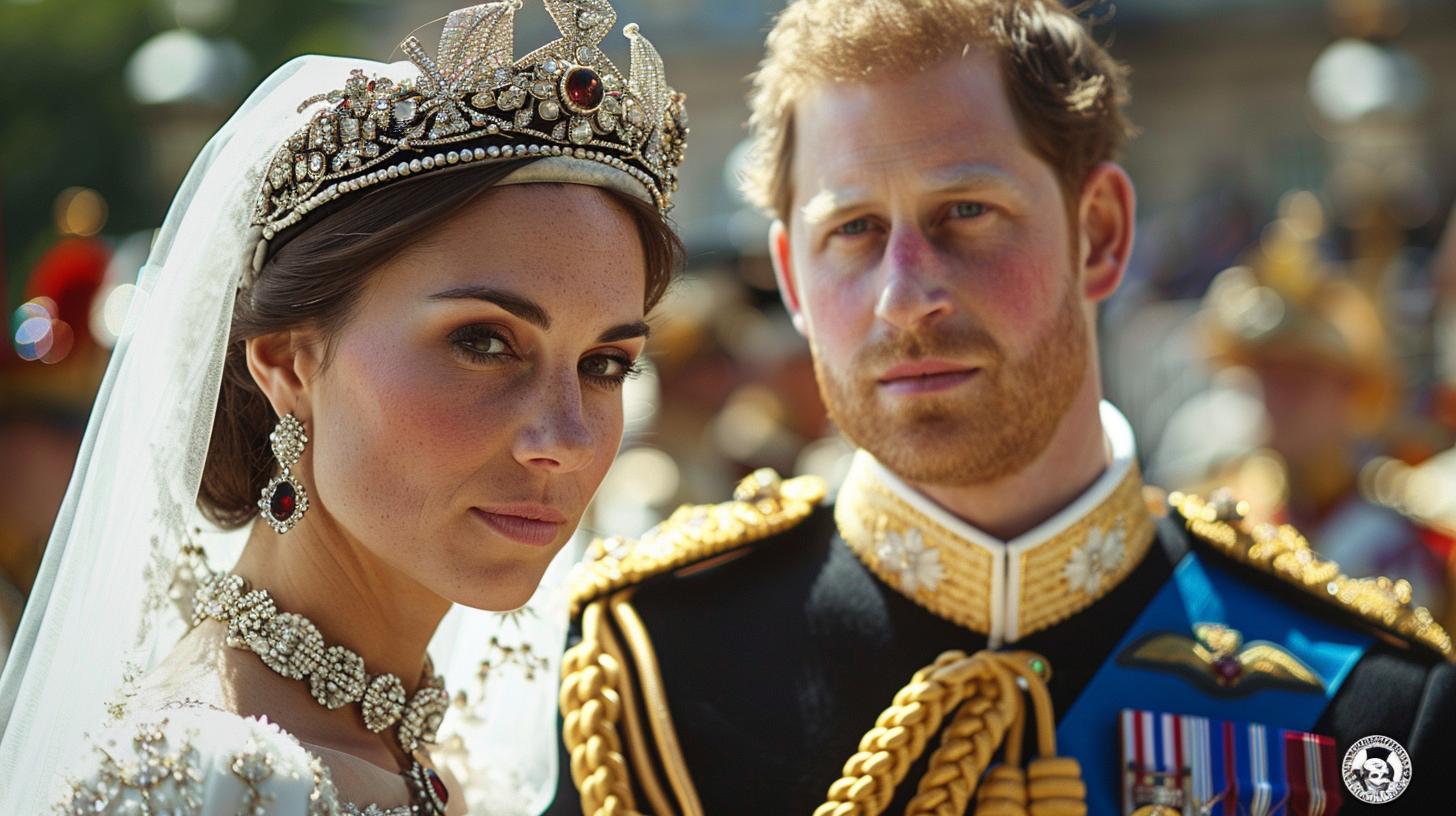Who Pays For The Wedding In England: Traditions and Trends in Wedding Costs in the UK
Wedding traditions in England have evolved over time, impacting who pays for the wedding. Traditionally, the bride’s family covered most expenses, while the groom’s family handled other costs. Today, many couples and families share financial responsibilities to create their dream wedding.
Parents often contribute to wedding budgets, with couples also pitching in to cover expenses. Communication is key to managing expectations and ensuring a harmonious planning process.
Wedding Traditions in England
Wedding traditions in England have a rich history, influenced by cultural customs and societal norms. From the evolution of wedding costs to modern trends in ceremonies, English weddings are a blend of tradition and innovation.
Evolution of Wedding Costs
Over the years, the financial aspect of weddings in England has seen significant changes. What was once a primarily family-funded affair has now transformed into a collaborative effort between couples and their loved ones.
Wedding costs have shifted from being solely borne by the bride’s family to a more balanced sharing of financial responsibilities.
Traditional Responsibilities
- In traditional English weddings, the bride’s family traditionally bore the brunt of wedding expenses, covering essentials like the venue, attire, and decorations.
- The groom’s family, on the other hand, took charge of specific costs such as the rehearsal dinner and honeymoon expenses.
- Traditional roles also extended to responsibilities like the purchase of the engagement ring and gifts for the wedding party.
Modern Trends
Today, couples are redefining traditional wedding practices in England.
With changing social dynamics and financial independence, modern couples are actively involved in planning and financing their special day. From shared expenses to personalized ceremonies, modern English weddings reflect the unique preferences and values of the couple.
Financial Contributions
When it comes to financing a wedding in England, various parties play a role in contributing to the expenses, ensuring that the celebration meets expectations without causing unnecessary financial strain.
Parents’ Involvement
Parents of the bride and groom often express their support by helping cover wedding costs.
This tradition reflects the families’ commitment to the couple and the importance of a memorable event shared with loved ones.
Financial Support
- Parents may contribute towards specific expenses, such as venue rental or catering, based on traditional roles or individual circumstances.
- Their financial support can alleviate the burden on the couple, allowing them to focus on planning their special day.
Couples’ Contributions
Modern couples are increasingly taking an active role in financing their own weddings, demonstrating independence and a desire to create a celebration that reflects their unique bond.
Open Communication
- Discussing financial contributions openly can prevent misunderstandings and ensure that all parties are on the same page regarding budget expectations.
- Shared financial arrangements can strengthen family bonds and create a foundation of trust as the wedding planning unfolds.
Communication and Expectations
Communication is crucial in navigating the financial intricacies of planning a wedding in England.
Addressing expectations and setting clear financial plans can help manage potential conflicts and ensure a smooth planning process.
Setting Financial Plans
When it comes to setting financial plans for a wedding, it is essential for couples and their families to have open and honest discussions. Establishing a budget early on can help align expectations and avoid misunderstandings down the line.
Consider creating a detailed list of expenses and priorities to guide your financial decisions.
Managing Family Contributions
Managing family contributions towards the wedding can be a delicate matter. It’s important to approach the topic with sensitivity and respect, understanding that each family may have different expectations and financial capabilities.
Clearly defining each party’s financial responsibilities can help prevent conflicts and ensure everyone is on the same page.
Negotiating Expectations
When addressing family expectations regarding financial contributions, it’s important to strike a balance between honoring traditions and asserting your own preferences. Be prepared to negotiate and compromise, recognizing that weddings often involve multiple stakeholders with varying priorities.
Keeping the lines of communication open can help navigate any differences in expectations effectively.
…







